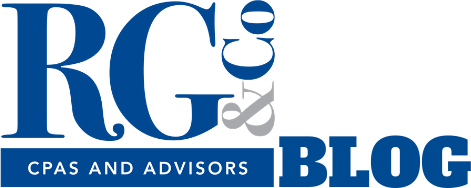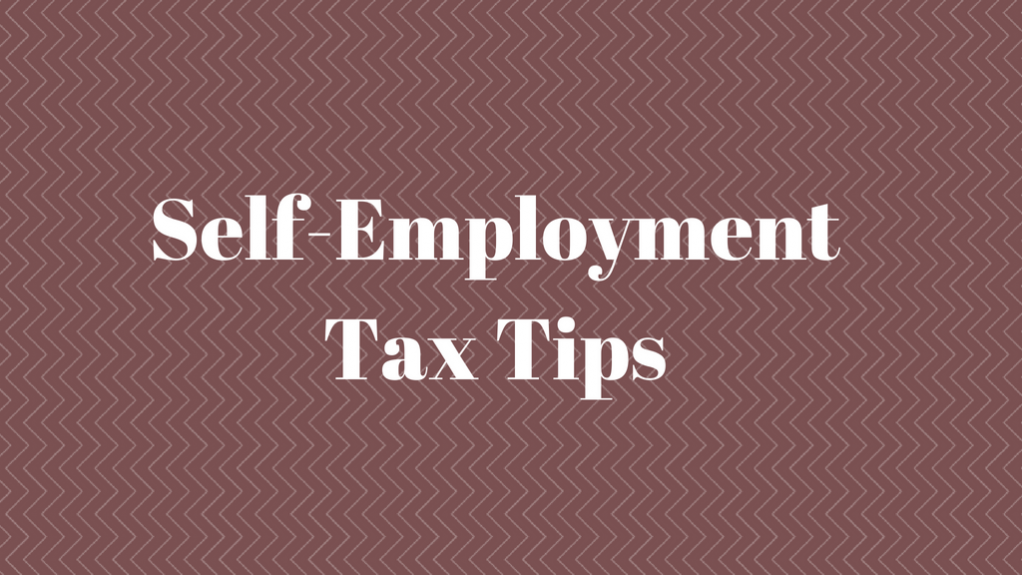In today’s economy, it’s common for people to be self-employed, or at least have a side hustle that they manage on their own. Whether it’s freelance photography or a dog walking business, all types of self-employment are subject to taxation.
Many people aren’t sure how to handle their self-employment taxes. What write-offs do I qualify for? How does my side income impact my personal taxes? Should I create an LLC for tax purposes? These questions are quite common for many people that work for themselves.
Thankfully, there are several resources to help the self-employed avoid making mistakes on their yearly returns, find tax benefits and breaks, and reduce the stress that comes with running your own venture.
If you are self-employed, here are a handful of tax tips to keep in mind this year.
Understand What Category You Fall Under
Are you a business owner, sole proprietor, or freelancer? There are several different independent work fields, and each is taxed differently. Most people fall distinctly into one type, but some may have multiple streams of income, which is important to take into account when filing your taxes.
Business owners are required to pay business taxes, whereas sole proprietors and freelancers are required to pay self-employment taxes and income taxes. Using your work history and any state/federal filings you have, you can determine your proper tax categorization.
Claim Home Office Deductions
Many small business owners and freelancers work out of their homes, and often don’t realize that this qualifies for a specific tax deduction under the Home Office Tax Deductions clause.
You’ll need to track and manage your expenses for the “business use of your home,” and file an additional form in your yearly return. However, this may save you money in the long run on things like utilities, internet/phone service, repairs, and mortgage/rent.
Check Out Your IRA Options
Even if you do not have a “proper” employer and a 401(k) retirement plan, you still have the option to set up your own retirement account. This is known as an Individual Retirement Plan, or IRA, and there are several different styles you can pick from, depending on your needs and future plans.
Simple employee pensions, solo 401(k)s, saving incentive match plans, and more are out there for your benefit. Review the IRS website to learn more about retirement and savings plan options for the self-employed.
Save On Your Health Insurance
If you pay out of pocket for your own individual health insurance plan and are not a secondary on anyone else’s insurance (like a spouse’s), you are eligible for special tax deductions and/or tax credits.
Health insurance premiums can add up to be a large monthly expense, so don’t forget to include this in your self-employment tax filing. This is particularly important if you are providing insurance coverage for any dependents.
Track Education and Equipment Costs
Often, those who are self-employed take the initiative to bolster their education, as well as buy equipment for their own business. Both of these purchases can potentially improve the viability and worth of the venture over time, and can be claimed on tax returns too!
If you went back to school, took an online course, bought industry-related books and other materials, or attended any seminars, find your receipts for your tax filing. The same goes for any business or freelance-related equipment or gear, from computers to marketing materials.
Don’t Forget Depreciation
Both physical and digital equipment gets outdated over time, and many people do not realize that this depreciation can be claimed on their taxes. For machinery or other equipment over a year old, you can estimate the wear and tear, along with repairs and replacement costs.
This includes buildings, furniture, and vehicles as well. Software, patents, copyrights, and other non-material assets can also get out of date, and should be included in your filing of form 4562- Depreciation and Amortization.
Working for yourself is not always easy, but it can be incredibly rewarding. As more and more people are starting up their own ventures or taking up side jobs, the need for proper self-employment tax information is growing.
If you are a small business owner, freelancer, or sole proprietor, keep these tips in mind when filing your taxes this year, and if you want to talk to a professional contact Rivero, Gordimer & Company to talk to a Tampa tax accountant.




